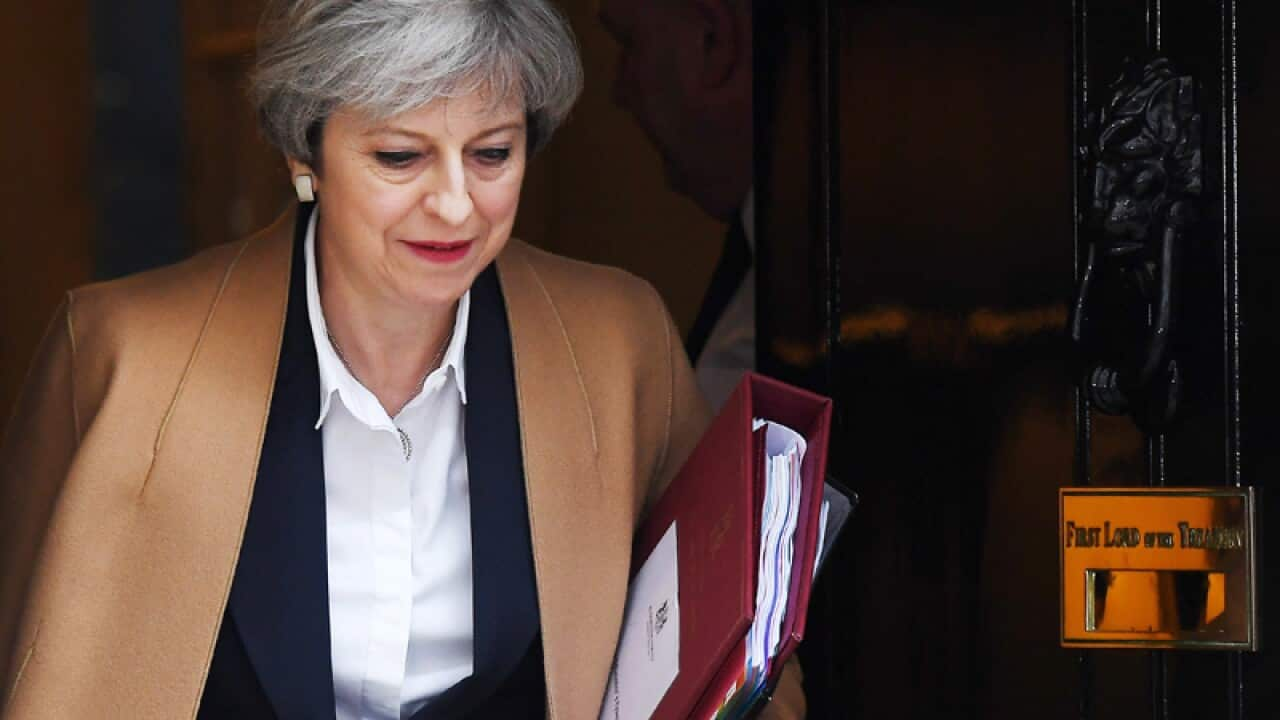British ministers have tried to play down a row with key players in Brussels over an apparent threat to pull security co-operation unless the European Union agrees to a trade deal.
Brexit Secretary David Davis insists his counterparts on the continent had praised the "positive" letter the Prime Minister Theresa May sent to invoke Article 50, and it was simply stating that a replacement for current crime and security measures would need to be negotiated.
"This is not a threat," Davis told BBC Radio on Thursday.
"We're after a fully comprehensive deal that covers trade, covers security, covers all the aspects of our existing relationship and tries to preserve as much of the benefits for everybody as we can.
"That I think is a perfectly reasonable point to make and not in any sense a threat."
Critics accused the May of trying to make a trade-off between security and commerce by mentioning the crime-fighting measures alongside a trade deal in her letter.
But Davis said: "I spent all of yesterday afternoon on the telephone talking to my opposite numbers in the parliament, in the commission, around all the member states.
"Virtually all of them said spontaneously it's a very positive letter, the tone was good and so on."
Davis said it was a "negotiation" and "the other side might want to change things, too".
The reference to security caused concern in Brussels.
Asked if he thought May was engaged in "blackmail", the European Parliament's co-ordinator for Brexit Guy Verhofstadt said: "I try to be a gentleman so towards a lady I don't even use or think about the word 'blackmail'."
But Davis played down the issue, saying: "Guy Verhofstadt called it blackmail. Let's not say everybody did."
Work and Pensions Secretary Damian Green said the row was a misunderstanding.
The two issues had been mentioned side-by-side because they were "bound up in our membership of the European Union".
"It's not a threat, I think that's the misunderstanding," he told BBC Two's Newsnight.
"It's absolutely not a threat."
The next stage of the Brexit process will see plans set out to repatriate more than 40 years of powers back to Westminster, with the publication of the details of the Great Repeal Bill.









